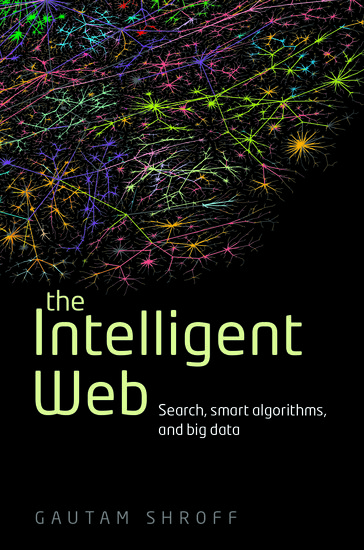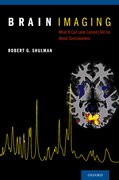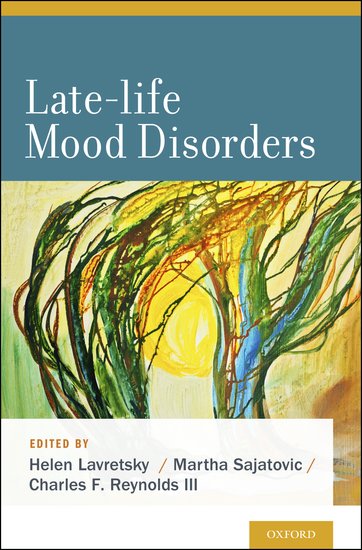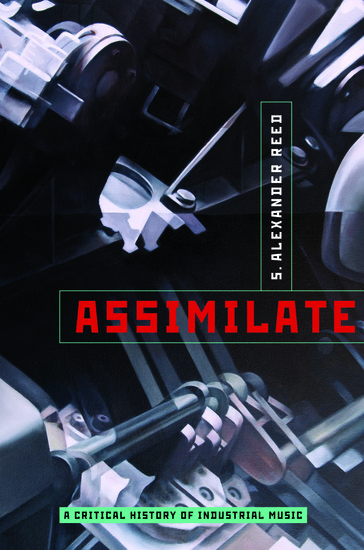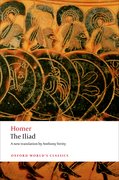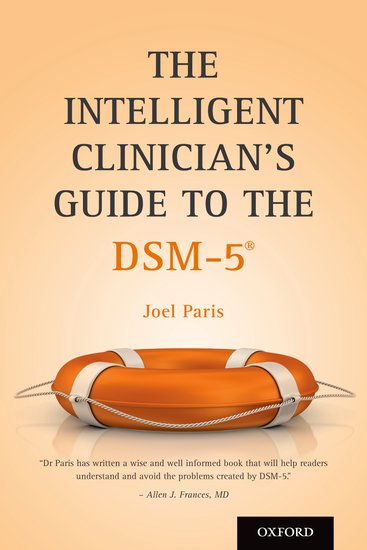Multifarious devils, part 1: “bogey”
By Anatoly Liberman
As has often happened in the recent past, this essay is an answer to a letter, but I will not only address the question of our correspondent but also develop the topic and write about Old Nick, his crew, and the goblin. The question was about the origin of the words bogey and boggle. I have dealt with both in my dictionary and in passing probably in the blog.













